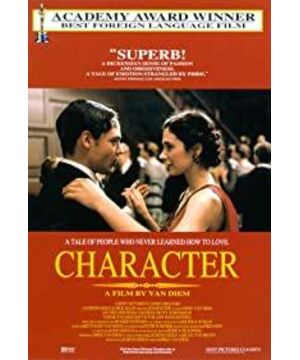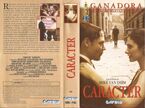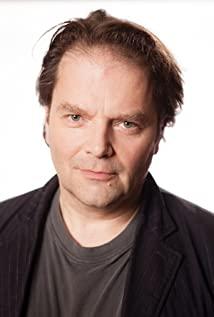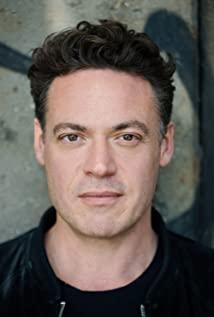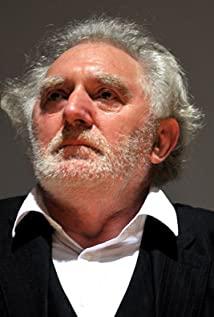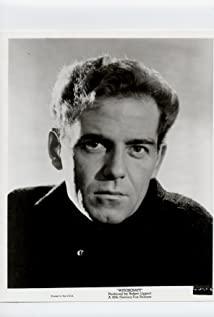It was the Netherlands in the early 20th century, and the story began grimly. A cold-blooded and arrogant celibate official, a silent and humble sojourn maid, Jacob's life came at the only intersection of his parents' short and indifferent life. The mother left immediately after finding out that she was pregnant, rejecting her father's one-year marriage proposal that was only written in black and white. Mother tells young son: We don't have to have anything to do with him.
If it weren't for the rigidity and silence of the mother I, Jacob's confrontation with his father might not have been established.
Childhood is the habitual pattern of fate for single-parent children. Surrounded by unbearable childish words, the young Jacob gave his companions a taste of fisting. A prison sentence after being framed, he spit out Dreverhaven's last name slowly but firmly. The figure who will be called "Father" comes: I have never seen this child - pale and cut like a knife.
Dreverhaven, a long and intimidating surname of wealth and power. On the night he escaped from prison, Jacob Willem Katadreuffe told his mother: "We don't have to have anything to do with him.
The Dreverhaven at the beginning has become an old and cold corpse. The story unfolds from Jacob's narration at the police station, and the plot line is his life course in confrontation with the patriarchy. However, the whole movie is obviously more delicate and shocking in the handling and characterization of the negative role of "father".
brutal. Facing the pleading of the man who couldn't raise the debt, he mercilessly overturned the woman on the sickbed to the ground, which was his opening remarks without saying a word. This undoubtedly gives us a reasonable basis for Shifu's guess.
fear. He held the medal high in front of everyone, but his naked and fat body trembled slightly in the cold. The next moment, under the beating of the club and the screaming in pain, he woke up in panic from a seemingly real dream.
human nature. Facing the trembling hands with guns pointed at him, his face was still indifferent and even relieved. The moment the bullet hit the civilian who raised his weapon out of fear, his screams fell silent, and there was pity in his eyes that was still awake for a while.
world-weary. There is a clip that appears twice in the film, that is, the bridge's father calls out his mother's name behind him, and it is also the moment when Jacob first saw this man when he was a child. The second time this clip appears, the depiction of the father behind the mother turning is no longer a distant view, and we clearly see a drenched man in front of the camera before he jumped into the river. Not afraid of death, or tired of living? Years later, Jacob learned the truth when he heard other people's jokes about his father's fall into the river.
The confrontation and intersection of adult Jacob and Dreverhaven, from the time he unknowingly owes the other party's debt and faces bankruptcy, until he successfully obtains a degree, and the other party has disappeared from his life for six years. Jacob, who has finally made it, knows that the time has come to meet again, and he will declare to the "father" that he will never be controlled by him again.
Jacob, who wanted to make a complete break but was humiliated by his father's unchanging brutality, still couldn't prevail in front of his aging counterpart. In fact, he has long understood that all his success and glory, if he loses the resentment and fear of his father, everything is meaningless. Over the years, the confrontation between the stranger father and son has never been evenly matched. It is Jacob alone, always under the shadow of the blood-connected but fatherless, constantly challenging and torturing himself.
The moment the sharp knife was aimed at the enemy, the old man asked him to end his life. The last resistance he could make was to throw away the knife and stumble away from his father, who was equally scarred as himself.
The ending is abrupt but natural. Police determined that Dreverhaven's death was a suicide, and Jacob received all of his father's estate after his death. However, what surprised him even more was the last name he signed on the paper before the deceased stabbed the sharp knife into his body—father.
View more about Character reviews


